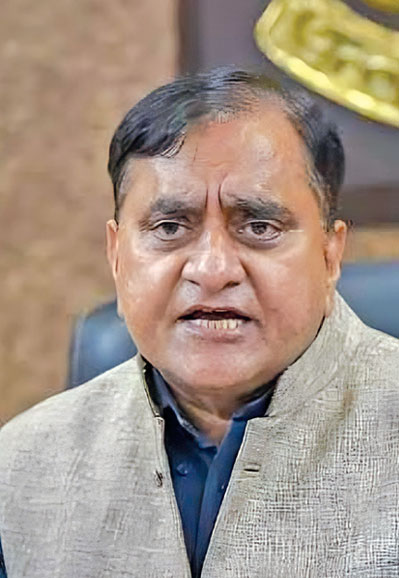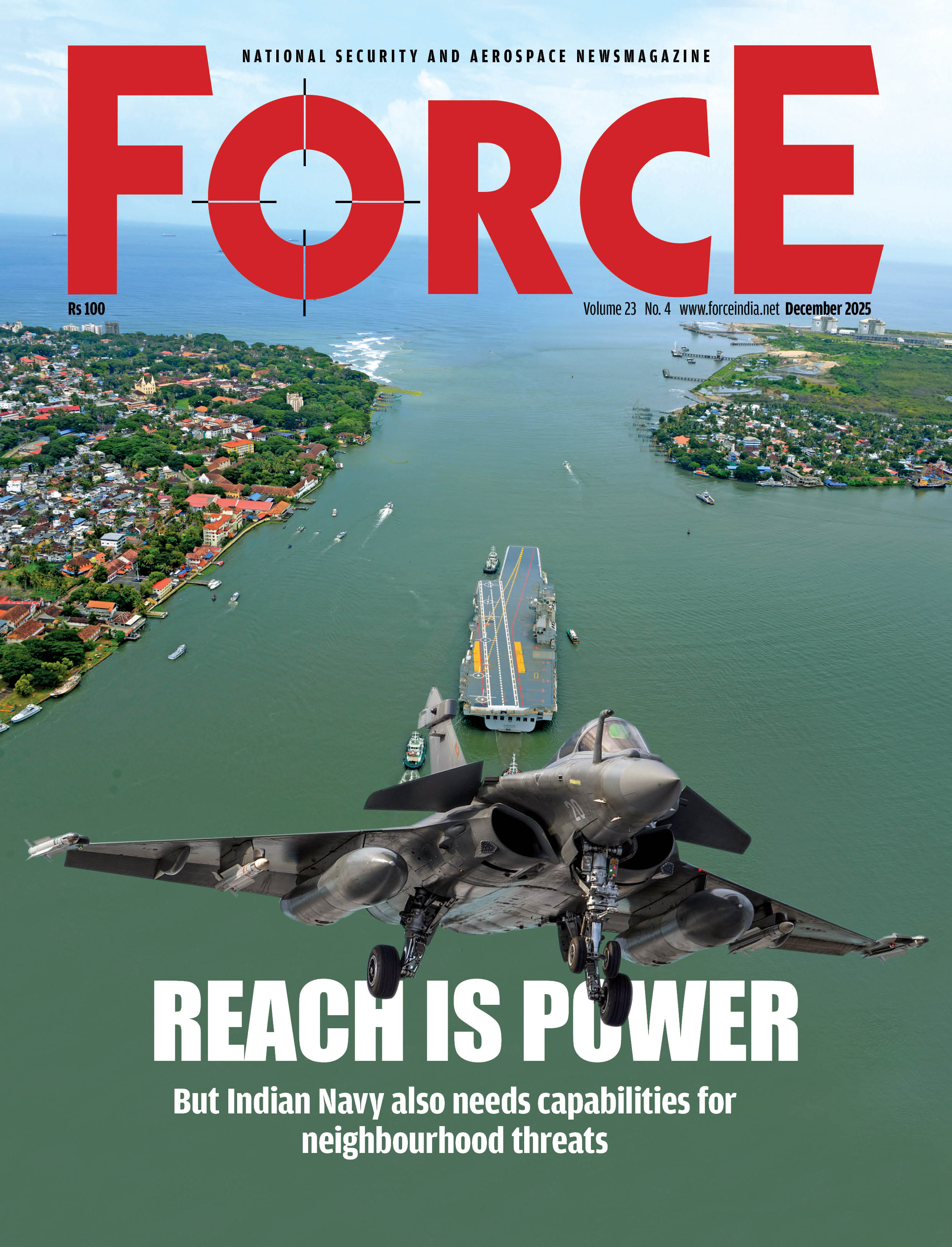Books | Their [IPS] Diverse Backgrounds Can Contribute to Strategic Planning, Effective Decision Making and the Implementation of Best Practices Within CAPFs
 What prompted you to write an account of your professional life?
What prompted you to write an account of your professional life?
A police officer’s life is undeniably hard and often thankless. It’s a profession filled with tough and challenging moments, but it’s also incredibly satisfying. The beauty lies in the memories forged through the experiences. Imagine a police officer in an area plagued by terrorism, navigating the dusty dark patches of farmland with heightened vigilance, rife with danger, to protect citizens from the looming threat. Or responding to reports of land grabbing and confronting the perpetrators. In humanitarian crises, a police officer becomes a symbol of reassurance and safety. Saving lives and touching hearts, the impact transcends the uniform. It is not just about enforcing the law but also about being a pillar of support during moments of vulnerability.
I document my police career in Crime, Grime and Gumption, wanting to share first-hand experiences, offer insights into the challenges and successes of law enforcement and provide readers with a unique perspective on the complexities of my profession. It also emerged from my desire to illuminate the gritty realities of policing, showcasing the resilience and determination required in the face of crime. Sharing an account of my 37 years of professional life might also serve to inspire understanding and appreciation for the complexities of internal security in the country’s largest state of Uttar Pradesh (UP).
Since many people that you have mentioned in your book are still in public life, what kind of restraint did you impose on yourself? Did you share your manuscript with them? Did you worry that some may challenge your version of events?
My book is a collection of reflections. In crafting my memoir, the awareness of individuals still in public life definitely prompted me to exercise discretion and uphold a sense of responsibility. Concerns about potential challenges to my account from those mentioned in my book did have some influence in my decision to balance transparency with the need to respect privacy and maintain professional relationships. As a police officer, I have had the privilege of serving in diverse roles across various organizations in UP and within the Government of India.
Throughout my journey, I have had the unique opportunity to engage with a multitude of political figures ranging from chief ministers to Central government dignitaries. Recounting my experiences with these individuals proved to be a sensitive task as I was acutely aware of the delicate balance between maintaining privacy and adhering to protocol. Each interaction has presented its own set of challenges, yet it is through these encounters that I have gained invaluable insights into the intricate workings of governance and leadership.
In writing my memoir, I was conscious of the fact that the book serves as a first hard narrative from a police officer’s perspective. This necessitates a degree of self-restraint to avoid disclosing operational specifics or sensitive issues. Those of us who have worked in government roles are bound by duty to safeguard official secrets. However, I believe those who have held significant positions have a responsibility to docum
Subscribe To Force
Fuel Fearless Journalism with Your Yearly Subscription
SUBSCRIBE NOW
We don’t tell you how to do your job…
But we put the environment in which you do your job in perspective, so that when you step out you do so with the complete picture.







